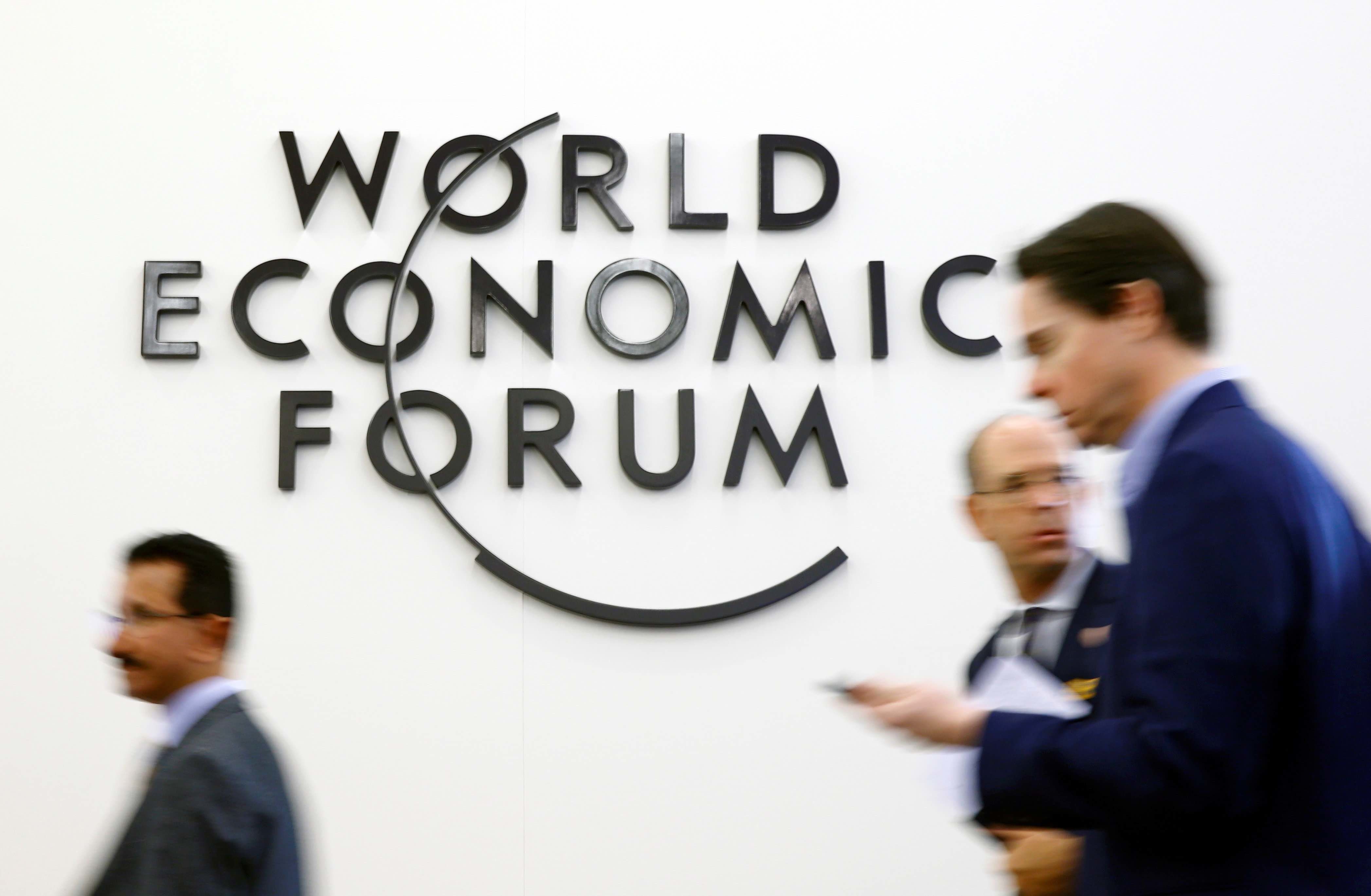Every year, heads of state, top corporate executives, and thought leaders gather for the annual meeting of the World Economic Forum in Davos, Switzerland. Three big storm clouds hang over this year's summit—providing a fitting backdrop for the global elite to mull the challenges now roiling societies around the world.
First, domestic politics has forced a number of world leaders to abandon their Davos plans. These high-profile absences speak to a broader trend: the tenets of open borders, free capital flows, and global competition long favored by the Davos crowd have undermined political stability.
Here's a look at who is not attending and why:
- US President Donald Trump canceled his trip as a government shutdown over a border wall intended to slow the flow of migrants across the southern US border enters its thirty-second day.
- UK Prime Minister Theresa May is still dealing with the aftermath of a failed Brexit vote last week. In voting for Brexit, Britons rejected the idea that interconnectedness is an undeniable force for good.
- French President Emmanuel Macron continues to grapple with ongoing Yellow Vest protests, a movement of middle class anger and angst that reflects the contribution of hyper-globalization to increasing national inequality.
- And Chinese President Xi Jinping opened a meeting on Monday of Communist Party officials from across the country on the management of economic risks, as new data showed China's economy growing at its slowest pace since 1990 (see graphic below). Xi is under growing political pressure at home as he contends with US protectionism.
Second, the global economic outlook is starting to sour, in part due to the US-China trade conflict. Disruptive competition rather than productive cooperation is now the name of the game.
- The IMF announced yesterday that the world is expected to grow at a slower clip over the next two years.
Third, world leaders are grappling with a slew of deepening structural challenges. Inequality, climate change, and technological disruption are among the topics that the decision-makers gathering in Switzerland will struggle to get to grips with this week.
- On inequality, a new report from Oxfam – released to coincide with Davos – shows that the world's 26 richest people own as much as half the planet's people. Addressing such large disparities may require coordinated action at the global level – some, for example, have proposed a wealth tax. But despite their profound impact, there's little sense of urgency to act on any of the issues.
In Davos, the party goes on. But each passing year leaves us with less confidence that openness to the free flow of ideas, information, people, money goods and services is destined to continue.
